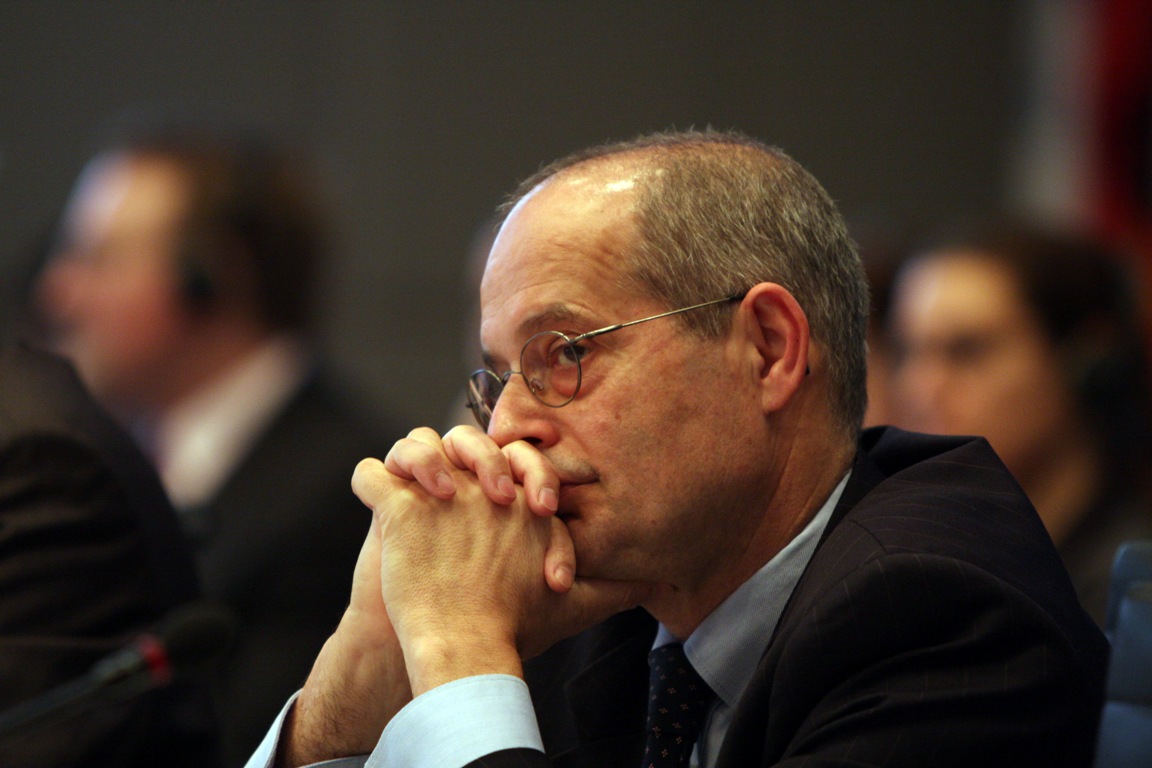UN Special Rapporteur Haraszti notes 'very few positive developments' in Belarus
MIKLÓS HARASZTI, Special Rapporteur on the situation of human rights in Belarus, discussing his findings, said that while had been only very few positive developments, one of them was the signing of the Convention on the Rights of Persons with Disabilities. Much of his report focused on human rights in electoral processes in Belarus, especially parliamentary elections on 11 September 2016, which he said had been held without the violence by law enforcement that had marred previous elections. However, there had been no steps to either change the oppressive legal framework or modify restrictive practices, and the “smooth-looking” conduct of those polls should not eclipse the underlying systemic violations, he said, according to un.org.
The “guided” nature of electing a “token” opposition party member and an independent cultural activist to Parliament had made those choices a selection by the Government, he said. There had been no equal access to the media for the contestants. Neither the voter turnout nor the votes were verifiable, and the Chair of the Central Election Commission had been in place for 20 years. Describing a legal and administrative system of human rights restriction, he said the freedoms of expression and media continued to be violated. Belarus was the only country in Europe that lacked a privately-owned national media. Suppression of the freedoms of association and assembly persisted. Despite recommendations by various United Nations bodies, there had been no substantial changes in the human rights situation in the last decade, he said, urging Belarus to stop its use of the death penalty and engage with the Special Rapporteur.
The representative of Belarus said country-specific discussions could only “rip up controversy” and overburden the international community’s agenda. There was no need or context for such attention and Belarus had constantly conducted a dialogue with the human rights machinery. A national plan on human rights had been put in place based on recommendations from the Universal Periodic Review and treaty bodies, but that information had been distorted in the report. The views of observers had also not been taken into account. “We do not need to be taught how to live,” she said, stressing that after the Second World War and the Chernobyl nuclear accident, Belarus had created a strong State. It would remain a contributor to peace and agreement.
When the floor opened for interaction, a number of representatives, including those of Ecuador and Bangladesh, protested the existence of any country-specific mandates, while delegates of Eritrea, Venezuela and Lao People’s Democratic Republic suggested that the Universal Periodic Review was the correct venue for such discussions. Representatives of Norway, United Kingdom and Germany meanwhile, urged Belarus to place a moratorium on the death penalty as the first step toward abolition. Several others asked about space for civil society in Belarus, with Poland’s representative requesting an update in the context of elections.
Mr. HARASZTI, responding, described steps that could have “miraculous” effects on the human rights situation, such as the repeal of article 193.1 of the penal code, which was the chapter that criminalized all activity not permitted by the State. Under it, the most important human rights organizations had been made de jure criminal in everything they did because they were not registered. To questions on improving elections, he noted that although Belarus had invited observers of the Organization for Security and Cooperation in Europe (OSCE), parliamentary elections had not been complied with and only unimportant procedural recommendations had been heeded. Cooperation with OSCE should go beyond inviting observers into complying with their recommendations.
He expressed agreement with the representatives of Kyrgyzstan and Tajikistan that dialogue should be the basis for improving human rights, and urged those delegations to believe him and the Human Rights Council that his mandate was about cooperation, not about the other accusations lobbied at him. It would be a very important step forward if Belarus would send him their action plan, he said, adding that he would take it as a good gesture toward cooperation.
Participating in the interactive dialogue were representatives of the United States, Czech Republic, Cuba, Russian Federation, Lithuania, Turkmenistan, Kyrgyzstan, Switzerland, Iran, Ireland, Azerbaijan, Kazakhstan, Tajikistan, Pakistan, Uzbekistan, China, Democratic People's Republic of Korea, Syria, and Bolivia (also speaking on behalf of Nicaragua), as well as the European Union.


















